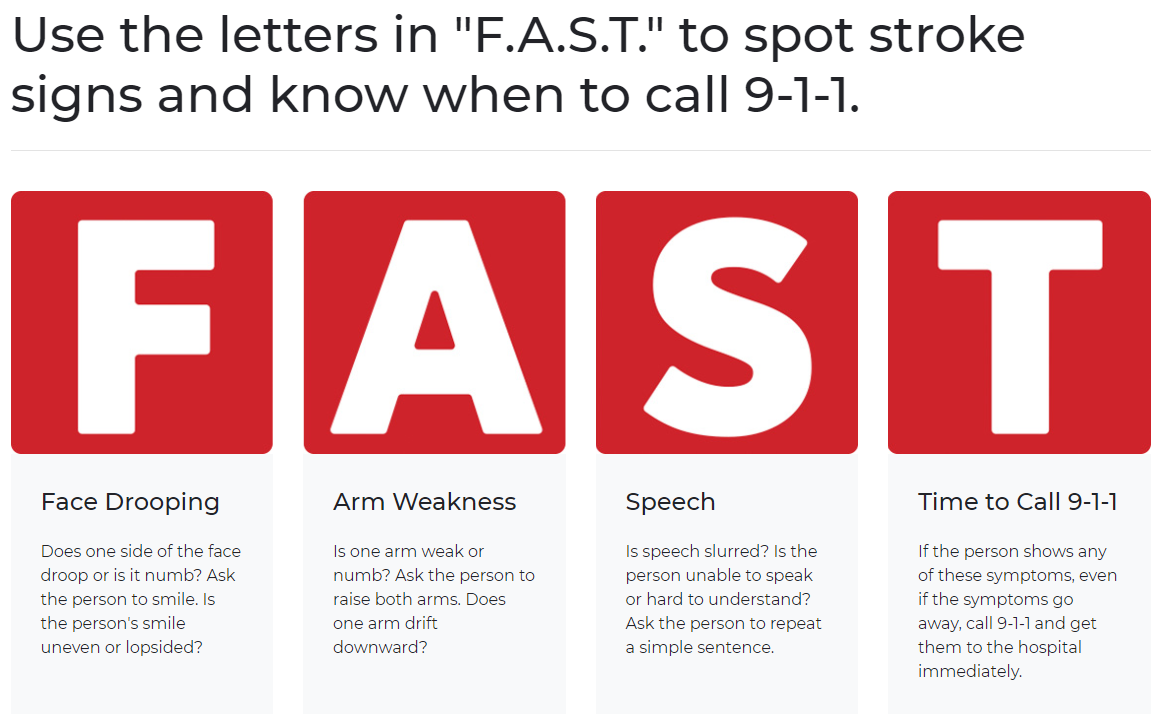Diabetes, Heart Disease & Stroke
Diabetes
Diabetes is a chronic disease that affects how your body turns food into energy. There are three main types of diabetes: Type 1, Type 2 and gestational diabetes (while pregnant). More than 122 million Americans are living with diabetes. When a people have diabetes, their bodies do not make enough insulin or use it as well as the body should.
- Over age 45
- Family history of cardiovascular disease (CVD)
- High cholesterol
- High blood pressure (Hypertension)
- Asian, Black, Hispanic, Native American, Alaska Native, or Pacific Islander
- Sedentary Lifestyle
- Polycystic ovary syndrome
- Screening for gestational diabetes after 24 weeks
Once you understand your risk factors you can work to prevent diabetes. Small changes can lead to big results. If you have been diagnosed with prediabetes, making lifestyle changes will lower your risk.
Heart Disease & Stroke Prevention
Heart disease is the leading cause of death in the United States, causing about 1 in 4 deaths. The term refers to several types of heart conditions and the most common type is coronary artery disease (CAD) which can lead to heart attack. You can greatly reduce your risk for heart disease with lifestyle changes.
- Diabetes
- Overweight & Obesity
- Unhealthy eating
- Physical inactivity
- Excessive alcohol use
- Age
- Genes
- Gender
Stroke is a disease that affects the arteries leading to and within the brain. It is the fifth cause of death and leading cause of disability in the United States.
A stroke occurs when a blood vessel that carries oxygen and nutrients to the brain is either blocked by a clot or bursts (ruptures). When that happens, part of the brain cannot get the blood and oxygen it needs, so brain cells die.
- High Blood Pressure (Hypertension)
- Heart Disease
- Diabetes
- Smoking
- Birth control pills (oral contraceptives)
- History of TIA (transient ischemic attacks)
- High red blood cell count
- High blood cholesterol
- Lack of exercise
- Obesity
- Excessive alcohol use
- Illegal drug use
- Abnormal heart rhythm
- Cardiac structural abnormalities
- Older Age
- Gender
- Ethnicity
- History of prior stroke
- Genes



